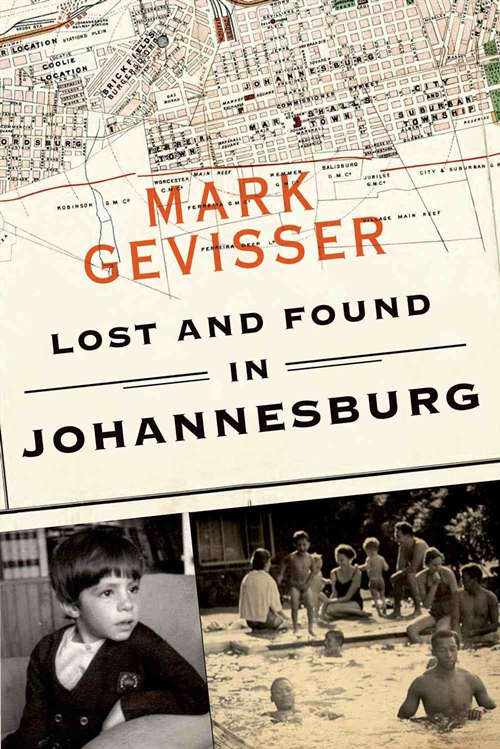The current issue of the London Review of Books features a long essay by Jacqueline Rose on the trial of Oscar Pistorius.
The article takes its title, “Bantu in the Bathroom”, from Eusebius McKaiser’s book A Bantu in My Bathroom: Debating Race, Sexuality and Other Uncomfortable South African Topics, and the title Chapter, “A Bantu in my bathroom!”
Rose’s essay provides a fascinating account of the life of Judge Thokozile Masipa, who presided over the Pistorius trial, and analyses the intricacies of the case, the incongruities of Masipa’s judgment and South Africa’s battle with gender violence with remarkable acuity and insight.
In addition to McKaiser, Rose refers to PEN South Africa President and author Margie Orford’s writing on the case, John Carlin’s Chase Your Shadow: The Trials of Oscar Pistorius, Mark Gevisser’s memoir Lost and Found in Johannesburg, Mandy Wiener and Barry Bateman’s Behind the Door: The Oscar Pistorius and Reeva Steenkamp Story, Zakes Mda’s Black Diamond and Wally Serote’s poem “What’s in This Black ‘Shit’?”
Rose is a British academic who is currently Professor of Humanities at the Birkbeck Institute for the Humanities, where Slavoj Žižek is international director. Her work combines psychoanalysis, feminism and literature, and she is most well known for her 1991 book is The Haunting of Sylvia Plath, a critically acclaimed study of Plath’s work which criticises Plath’s editors, including her husband Ted Hughes. Her most recent book is Women in Dark Times.
Read the article:
Judge Masipa is a latecomer to the law, having undertaken her pupillage in her forties. Admitted as an advocate in 1991 as one of only three black women at the Johannesburg bar, she was appointed judge in the Transvaal Provincial Division of the High Court of South Africa in 1998, the second black woman to be appointed to the bench. Despite her ruling in the Pistorius case Judge Masipa is known for the maximum sentences she metes out in cases involving violence against women. In 2009 she gave a life sentence to a police officer who had shot and killed his estranged wife: ‘You deserve to go to jail for life,’ she said in her sentencing, ‘because you are not a protector, you are a killer.’ In May 2013 she sentenced a serial rapist to 252 years – 15 years on each of 11 counts of robbery, 12 years for attempted murder and life sentences for each of three rape charges. Judge Masipa knows about violence. She was born in Soweto, in a family of ten children, four of whom died young, one of them stabbed to death by unknown perpetrators when he was 21.
As with many characters in this story, Judge Masipa’s life has followed violence from apartheid to its aftermath, and is revealing of the reality of South Africa’s hidden and unhidden crimes. She has, as one could say, done her time. She knows what it means to be on the wrong side of the law (even if the law itself in apartheid South Africa was wrong). In the 1970s she was a crime reporter for the World, a paper banned in 1977 by the justice minister Jimmy Kruger, and then for the white-owned newspaper the Post. There, she marched in protest with female colleagues against the arrest of black male reporters. When five of the women, including Masipa, were detained, locked in a cell and taken to court, they refused to enter a plea on the grounds that they didn’t recognise the authority of the apartheid state. Before releasing the prisoners for a court appearance, four white court wardens demanded they clean out their toilets – shoving their faces in it, as one might say (they refused).
Book details
- A Bantu in My Bathroom: Debating Race, Sexuality and Other Uncomfortable South African Topics by Eusebius McKaiser
EAN: 9781920434373
Find this book with BOOK Finder!
- Water Music by Margie Orford
Book homepage
EAN: 9781868423965
Find this book with BOOK Finder!
- Chase Your Shadow: The Trials of Oscar Pistorius by John Carlin
Book homepage
EAN: 9781782393276
Find this book with BOOK Finder!
- Lost and Found in Johannesburg by Mark Gevisser
Book homepage
EAN: 9781868425884
Find this book with BOOK Finder!
- Behind the Door: The Oscar Pistorius and Reeva Steenkamp Story by Mandy Wiener and Barry Bateman
Book homepage
EAN: 9781770103504
Find this book with BOOK Finder!
- Black Diamond by Zakes Mda
Book homepage
EAN: 9780143026860
Find this book with BOOK Finder!
- Quite Footsteps by Mongane Wally Serote
EAN: 9780864867346
Find this book with BOOK Finder!
- Women in Dark Times by Jacqueline Rose
EAN: 9781408845165
Find this book with BOOK Finder!
- Proust Among the Nations: From Dreyfus to the Middle East by Jacqueline Rose
EAN: 9780226725789
Find this book with BOOK Finder!
- The Last Resistance by Jacqueline Rose
EAN: 9781844672264
Find this book with BOOK Finder!
- The Question of Zion by Jacqueline Rose
EAN: 9780691130682
Find this book with BOOK Finder!
- Sexuality in the Field of Vision by Jacqueline Rose
EAN: 9781844670581
Find this book with BOOK Finder!
- On Not Being Able to Sleep: Psychoanalysis and the Modern World by Jacqueline Rose
EAN: 9780099286042
Find this book with BOOK Finder!
- The Haunting of Sylvia Plath by Jacqueline Rose
EAN: 9780349004358
Find this book with BOOK Finder!
Image courtesy of The Guardian














